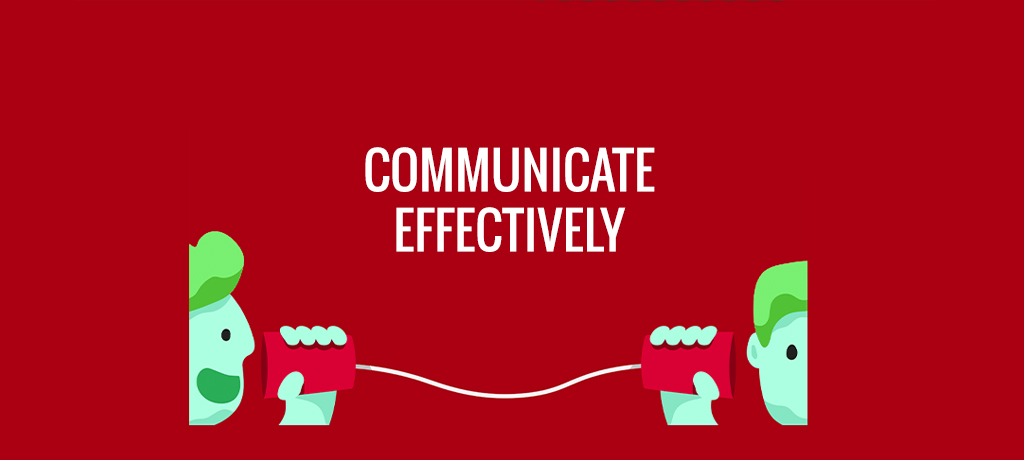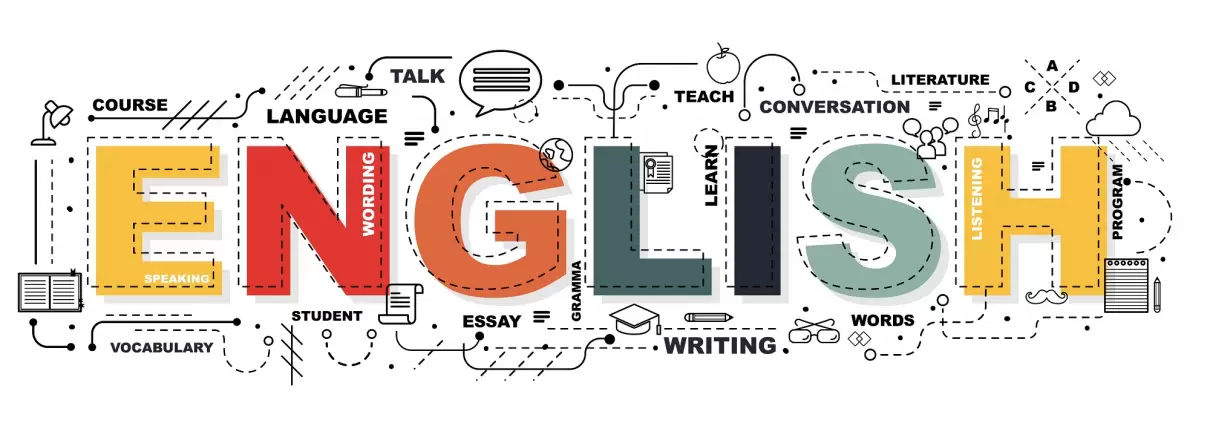Have you been trying to raise your writing scores but struggling to do so? Have you often been advised to use ‘linking words’ in your essays? Or, perhaps, you are hearing about them for the first time. Linking words are crucial to increasing your writing scores. Don’t worry, we will try to define linking words and also, simplify the process of using them to ace the IELTS writing task. Read on!
The desirable band score in IELTS requires a mix of the right strategy, constant hard work and the right tools. Specifically, in writing tasks, candidates need to keep in mind that they must use the right grammar, lexical resources and display task coherence – the three parameters on which examiners mark your writing tasks (Read our detailed article on the same here). Now, grammar and vocabulary are two elements that improve over a period of time with constant study and practise. However, the third and key parameter, task coherence can be understood and mastered in a shorter time with some smart tools. This blog aims to simplify these tools for you.
Before we talk about writing tasks and the use of linking words within it, I want you to imagine the best dance performance you have ever seen in your life. Now, think about all the aspects that made it excellent – choreography, stage set up, props used, and the genre of dance. Yes, all of these but besides, there is one core element that makes a dance performance effortlessly beautiful and that is – a beautiful transition from one step into the other. Ace dancers make a transition from one dance step to the other without any effort and thus, their performance seems like a floating dream!
The same holds true for a writing composition as well and that’s exactly the key we need to make our writing effortlessly beautiful, consequently fetching us more marks. The smart tool that you need here is ‘linking words’.
So what exactly are linking words? Let’s get digging – ‘linking words’ are used when we have to join two sentences, ideas or paragraphs together to either show a continuation of the same idea, a contrast from the previous idea, the reasoning behind an idea or the results of a given idea.
 IELTS Reading
IELTS Reading
Note this simple example below–
Technology has brought the world closer and transformed it into a global village with various tools like social media, Facebook, Instagram, Twitter, etc. Moreover, technology has enhanced the experience of virtual interaction with smart tech tools for personal as well as business interactions like Facetime, Skype, WebEx and more.
On closer reading, you will notice that two ideas have been introduced in the passage above – one, describing how technology has brought humans together with the help of social media and the other, how it’s made the experience better. The second idea is an addition to the first idea and hence a linking word has been used. Note the use of linking words in bold letters.
In this manner, the use of linking words will not only make it easier for the examiner to follow your ideas and arguments but enhance the transition of ideas. Thus, the use will consequently lead to an increased score.
Below, is a list of 40 must-know linking words. Learn their usage and keep them at your fingertips, ready to be used wherever required. You will see a marked improvement in your scores! Of course, there are various other such linking words available on the internet, but we have curated the most basic and effective ones for you.
We hope you found this article useful. Key in your doubts and concerns in the comment box below and we shall get back to you. Also, if there are any topics you’d like us to write on, feel free to leave your comment down below. Happy learning!
40 must-know linking words to ace Writing Task-2
| Listing ideas | Adding Ideas | Contrasting Ideas | Reasoning Ideas | Resulting Ideas |
|---|---|---|---|---|
|
|
|
|
|






